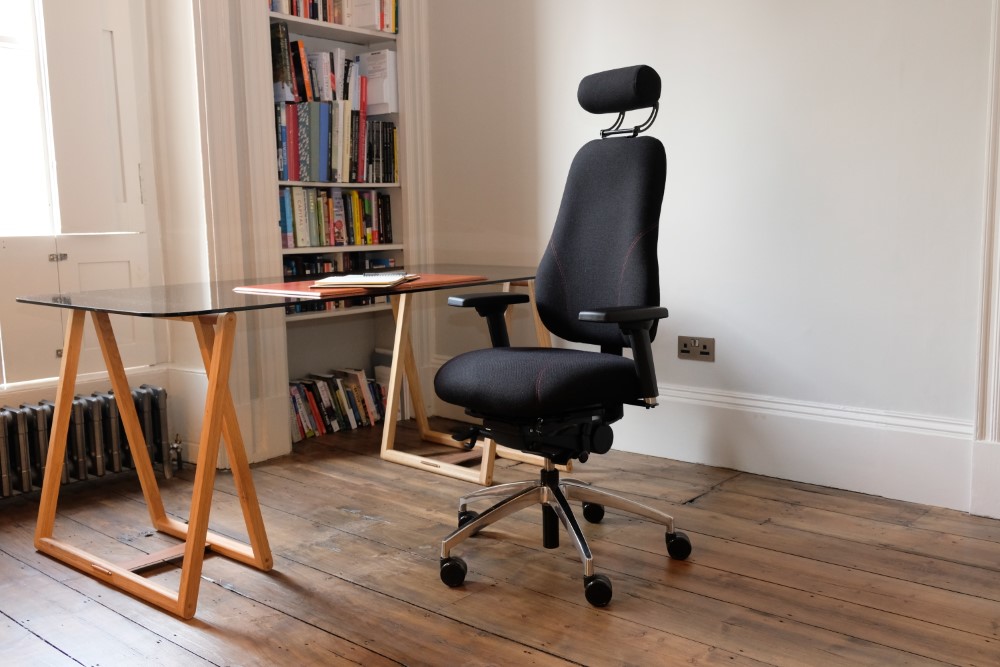What is low back pain?
Low back pain is defined as pain and discomfort, localised below the ribs and above the bottom of the buttocks, with or without associated leg pain.
What is ACUTE low back pain?
If pain is acute, this means that the episode of pain has occurred in the last 6 weeks. Sub-acute pain lasts between 6 and 12 weeks and chronic lasts for 12 weeks or more.
How common is low back pain and how does it impact the world?
Low back pain is the most common musculoskeletal problem globally and is the leading cause of global disability. Due to its influence on activity limitation, missed days at work and psychological impact, low back pain places an extreme burden on our healthcare systems, economy and general wellbeing.
Tips for an acute flare up of low back pain:
- Ice and heat – Alternate between the two on and off for 15-20 minutes at a time.
- Movement variability – Do not sit or stay in one position for too long. Keep varying positions or get up to move around every 20 minutes.
- No bed rest – Avoid bed rest and follow the advice above, movement is medicine! When you do go to bed at night, to prevent discomfort, perhaps try a pillow under the knees when lying on your back. Or, in between your knees when on your side.
- Continue with daily activities where possible – As per the National Institute of Health and Care Excellence guidelines for back pain, it is encouraged to continue with your day-to-day activities, within your tolerance levels of course. This links in with points 2 and 3.
- Be kind to yourself – Despite the advice to continue with your daily activities, ensure that you spread the load and do not over do anything whilst you are recovering. We understand it is difficult to strike the right balance.
- Relief positions – Lie on your back with your hips and knees bent and feet flat on the floor. This is known as the crook position. Whilst lying on your back, you can also gently bring one or both knees up to your chest and hold for approximately 20 seconds.
- Do something you enjoy – Back pain is not pleasant, so why not try to do something you enjoy such as a hobby of yours. This can help take your mind off the pain, act as stress relief, if the hobby is relatively active, this movement could help your back. When the form of movement is something you enjoy, you are more likely to do it too. Keep an eye out for an upcoming blog post which discusses further, how to make movement fun and why this is vital when prescribing exercise.
Can a chiropractor help back pain?
Tip number 8: Manual therapy e.g. Chiropractic treatment- National guidelines suggest that manual therapy, such as the treatment provided by our chiropractors, can be beneficial for acute low back pain also in the presence of education and exercise as part of a “package” of care. Our chiropractors are able to provide hands on treatment, exercise prescription and education/advice regarding your back pain as recommended by National and International healthcare standards.
If you are experiencing back pain, our chiropractors will be able to discuss and assess your back pain then provide the relevant treatment and referrals if necessary.
When to see your doctor or go to A&E:
Although only 1% of back pain is sinister, you should still look out for certain symptoms and seek the relevant medical attention.
Here is the guidance as per the NHS website:
| Ask for an urgent GP appointment or get help from 111 if you have back pain and: | Call 999 or go to A&E if you have back pain and: |
|---|---|
|
|
By Jennifer Barr










